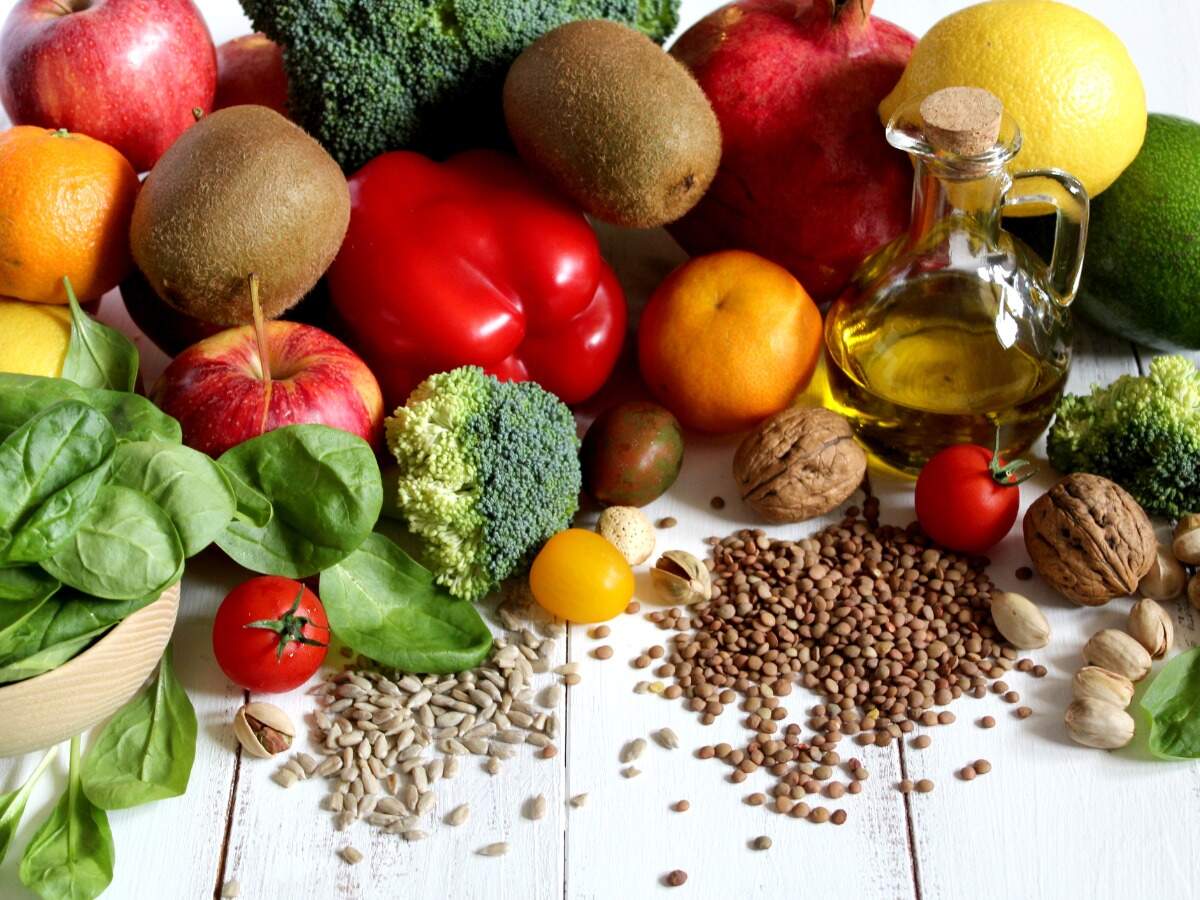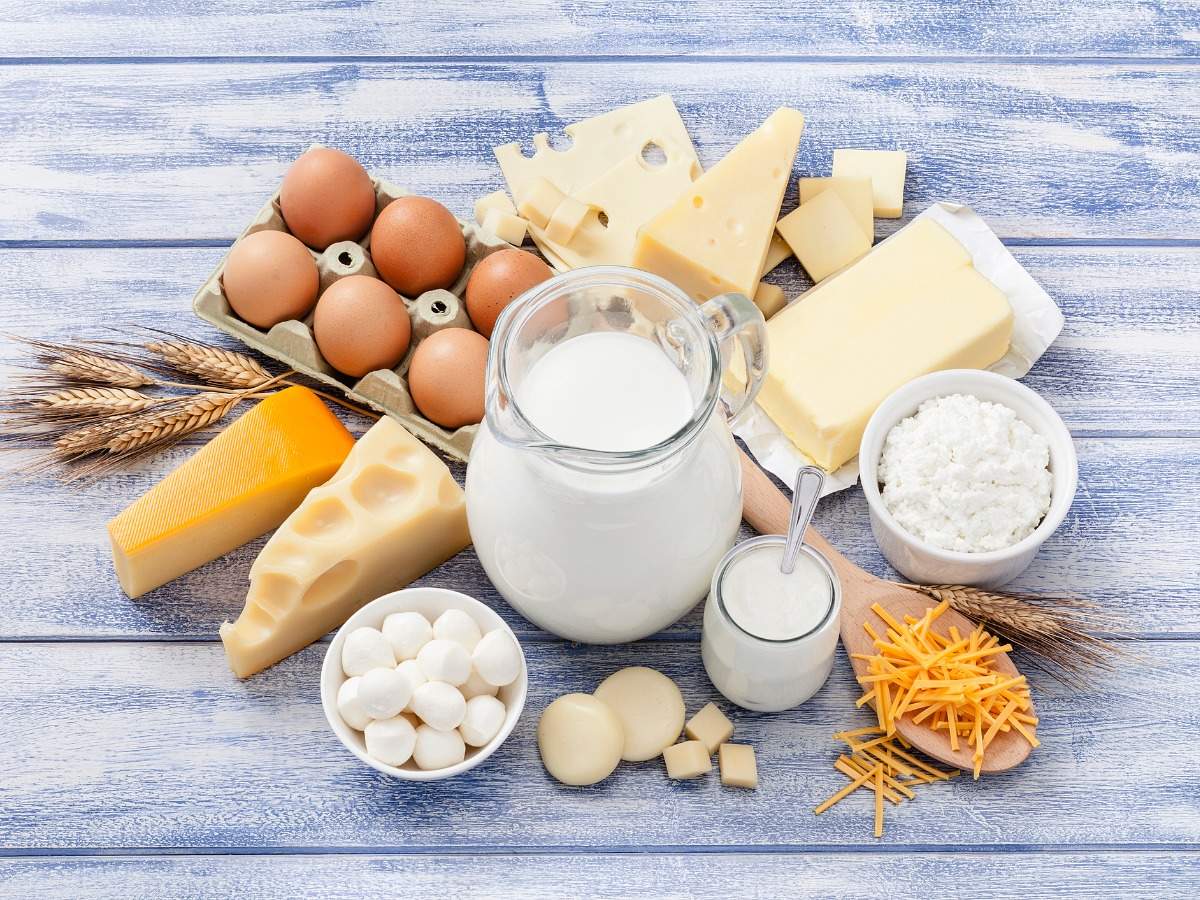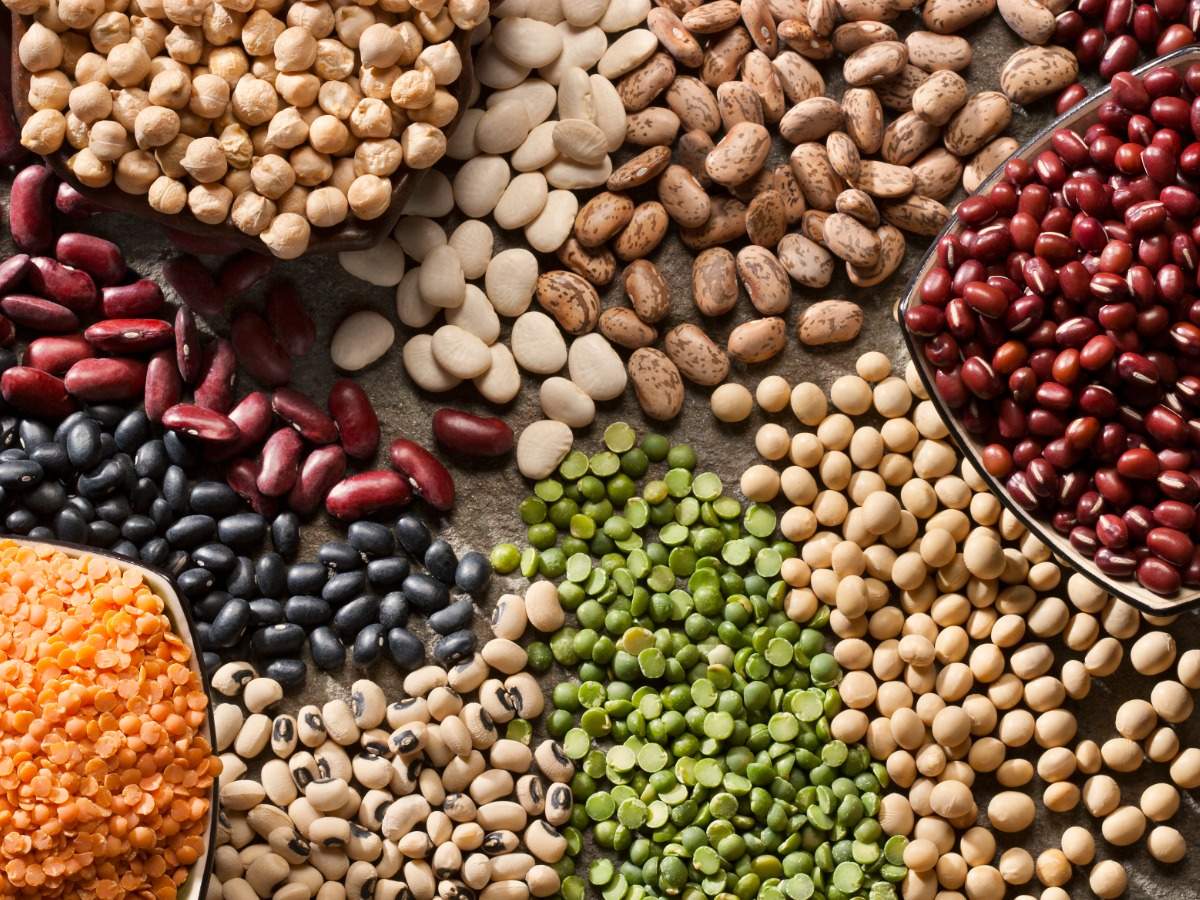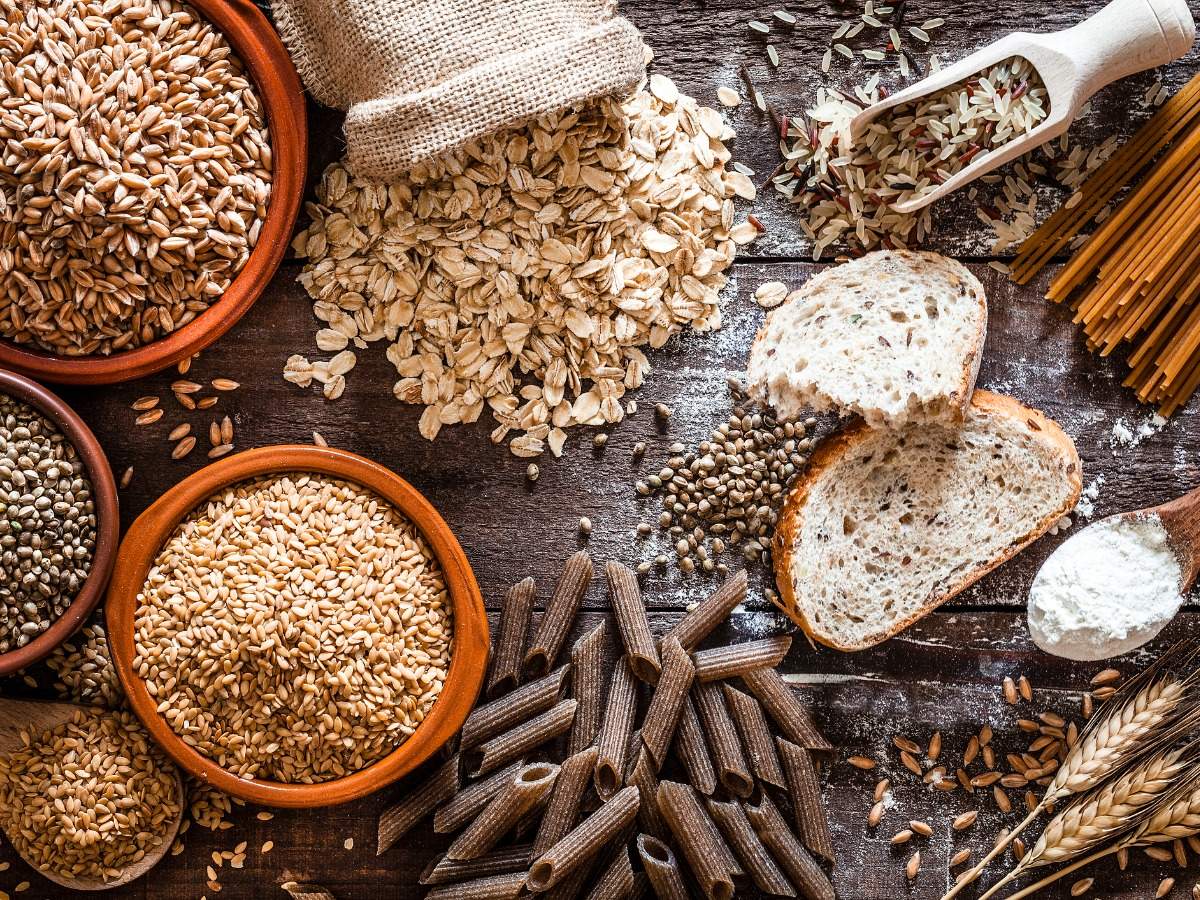unpopular foods that are actually good for you

There
are so many foods out there that have been labelled bad for your
health. You are constantly being told that no matter what you should
never have these foods. However, a lot of times, these claims are not
correct. They stem out of outdated research or an inborn community
prejudice as well. These kinds of foods often have a ton of health
benefits that we often overlook. Here is a list of 11 unpopular foods
that are actually good for you.
Whole Eggs

Eggs
are one of the healthiest foods. Sometimes, people are advised not to
eat whole eggs as the yolk is high cholesterol. It was believed that egg
yolks increase the risk of heart diseases. However, new studies have
shown that eating high cholesterol foods actually forces the liver to
produce less cholesterol and these levels remain stable. Whole eggs are
also thought to change the bad cholesterol and increase the amount of
good cholesterol in the blood.
Coconut oil

It
was thought that saturated fats in coconut oil can cause heart disease.
Thus people began replacing it with vegetable oil. New studies have
suggested that the fat in coconut oil is actually beneficial for the
heart. It increases the amount of good cholesterol in the blood. When
taken in moderate amounts, it also promotes weight loss.
Full fat dairy

It
is true that full fat dairy like cheese, butter and cream are high in
fat and cholesterol. However, cheese does not negatively affect the
cholesterol or other markers of heart health. Butter intake, however,
does increase the amount of bad cholesterol. Low-fat dairy also lacks
some nutrient qualities that high-fat dairy contains. Full-fat dairy is
rich in vitamin K2, which promotes bone and heart health. You should,
however, consume them in moderation.
Legumes

Legumes
are rich on protein, minerals and fiber. They also do contain some
antinutrients that prevent the body from absorbing minerals like iron
and zinc. However, this is a concern only for those who do not eat meat
and poultry at all. People who have some intake of meat, fish or poultry
can fulfil their requirements of these nutrients. Legumes are also rich
in potassium and magnesium that reduce inflammation and promote heart
health.
Unprocessed meat

Some
believe red meat can increase the risk of heart disease and cancer.
But, unprocessed meat is a rich source of protein and has always been a
big part of the human diet. They improve muscle function and increase
strength. It is also known to reduce inflammation. Meat is another
source for heme iron, a type that the body absorbs most easily.
Coffee

Coffee
contains caffeine which is a stimulant and can have adverse effects.
But, consuming coffee in moderation is known to have a number of health
benefits. It can help in improving your mood and well as performance. It
is also known to boost your metabolism. Caffeine is also known to
contain antioxidants. Coffee is known to be beneficial for people with
depression, Alzheimer’s and Parkinson’s disease as well. Finally, it
protects liver health too. It is known to reduce chronic hepatitis C and
also reduce the risk of liver cancer.
Canned vegetables

Many are of the opinion that canned vegetables are less nutritious than fresh vegetables. Canning them while they are still fresh retains a lot of their nutrients. On the other hand, fresh vegetables might lose their value as they are transported. Nutrients like vitamin A and E and also fiber are restored when veggies are frozen as they are more stable in water.
Whole grains

People
on a paleo or low carb diet avoid eating grains. However, whole grains
have a number of important nutrients. It reduces inflammation, helps
maintain body weight and also helps reduce belly fat. Oats, for example,
are rich in fiber and antioxidant content. Whole grains generally
include wheat, barley and oats. Grains like buckwheat and quinoa are
gluten-free and have more protein than other varieties of grains.
Salt

Too
much salt can cause a greater risk of developing heart disease and
stroke. But, salt is an important electrolyte that the body needs, it
helps maintain fluid balance and also keeps your muscles and nerves
healthy. It is advisable for adults to consume less than 2.3 grams of
sodium a day.
Shellfish

Shellfish
mostly includes shrimp, mussels, crabs, oysters and clams. They are
rich in a number of different nutrients. Even though they are high in
cholesterol, they are unlikely to raise the levels in your blood. They
are rich in protein and selenium which is important for healthy brain
function. They are also a rich source of iodine.
Chocolate

Comments
Post a Comment